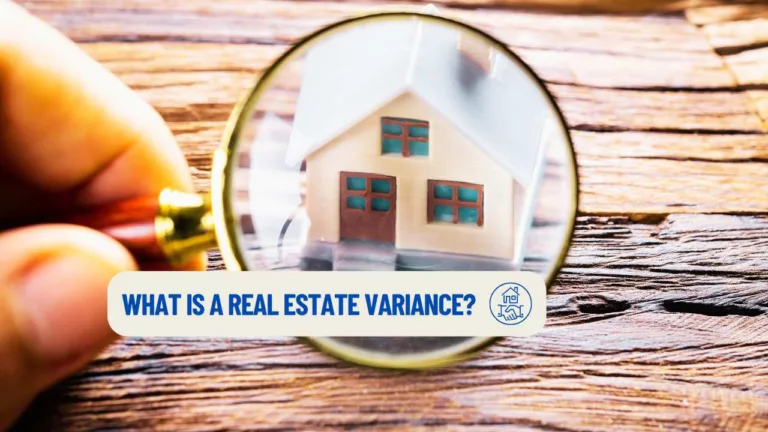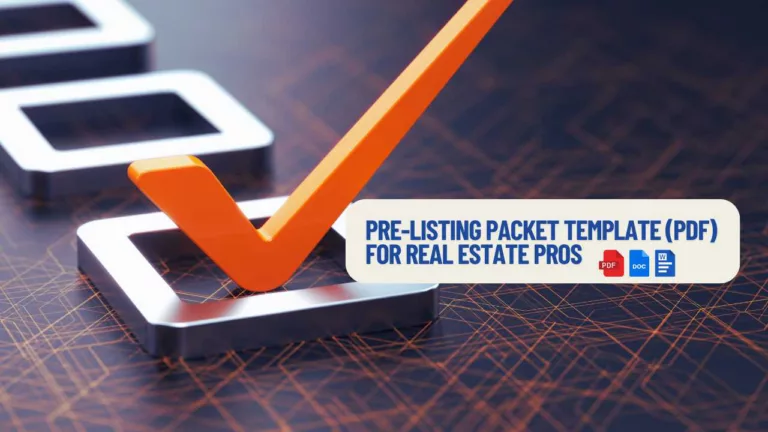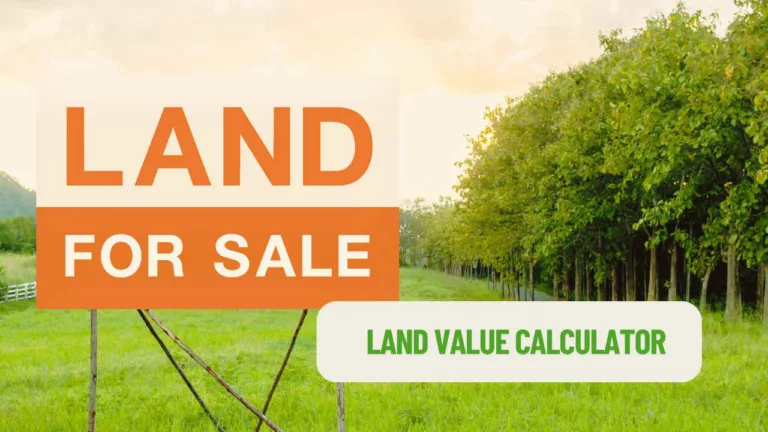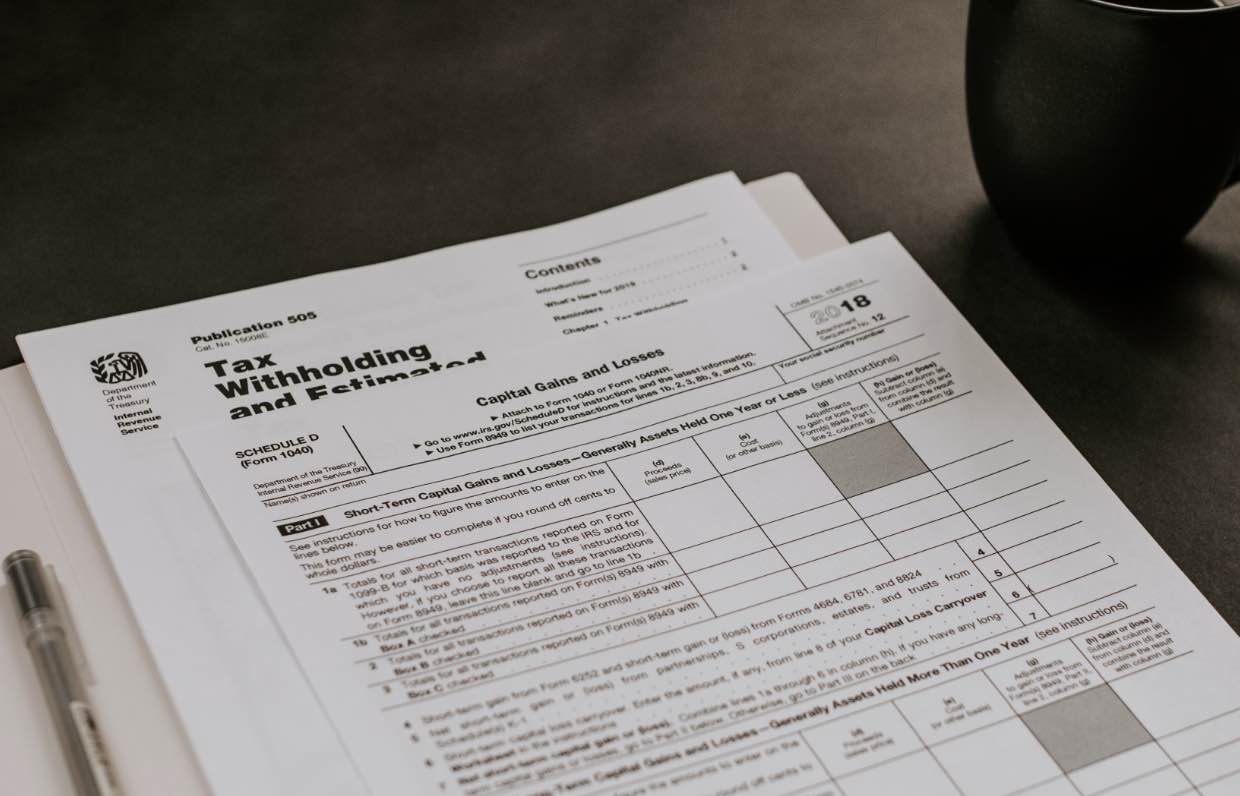
REAL ESTATE AGENT / DEFINITIONS

By: Joe Stephenson REALTOR®
What are Real Estate Encumbrances?
Definition
An encumbrance is a liability, claim, or charge on real estate. It is a responsibility, obligation, or debt associated with the real estate. Although a liability doesn’t necessarily obstruct the title’s transfer to another individual, it could potentially devalue the property or impose limitations on its usage.
They can be imposed by a party who is not the property owner and they can create title transfer issues.
These encumbrances may come in the form of liens, easements, deed restrictions, or other claims on the property. Encumbrances can affect the property’s title, the physical condition of the property, or both.
- Definition
- Easements
- Creation of an Easement
- Termination of an Easement
- Liens
- Priority of Liens
- Real Estate Tax Liens
- Other Types of Real Estate Liens
Easements
Liabilities are of two kinds
- Encumbrances that solely impact the title, like judgments and liens.
- Encumbrances that influence both the title and the property’s physical state, such as a deed restriction, encroachments, and easements.
Easements
An easement grants permission to use someone else’s land. This could involve utilizing the land’s surface or the airspace above it. Rights of way are regarded as non-possessory interests in real estate because the holder has the right to use the property but not to own it.
Categorizing Easements
These can be categorized in two manners:
- Easements that are either appurtenant or in gross.
- Easements that are either positive (permitting someone to perform an action) or negative (restricting someone from performing an action).

Appurtenant Easements
An appurtenant easement refers to a situation where the rights of property usage are given to an adjoining property owner. This type of easement is attached to the land and not to the property owner.
Thus, if the owner sells the property, the new owner will inherit the easement. A common example of this is when a homeowner grants a neighbor the right to cross their property to gain access to a road.
Positive Easements
Positive easements allow someone to perform a specific action on another person’s property. For instance, a utility company might have a positive easement to install power lines or other utilities across a person’s property.
These easements are typically written into the property’s title and are discovered during a title search conducted by a real estate professional or title company.
Negative Easements
Negative easements, on the other hand, restrict a property owner from using their property in certain ways.
This could involve environmental regulations, zoning laws, or deed restrictions. For instance, a negative easement might prevent a property owner from building certain structures on their land.
Creation of an Easement
By Written Agreement
A property owner may agree to give another person or entity an easement over their property. This agreement should be in writing to be enforceable.
By Express Grant in a Deed
An express grant is a type of easement that is explicitly stated in a property’s deed. This usually happens when the property is sold, and the new owner agrees to the easement.
By Express Reservation in a Deed
This occurs when a property owner sells a part of their property but retains an easement over the sold portion.
By Condemnation
In some cases, the government may create an easement on private property for public services like power lines or roads.
By Prescription
A prescriptive easement can be established if a person uses another person’s property openly, continuously, and without the owner’s consent for a certain period.
By Necessity
These are created when a property owner needs to use a part of a neighbor’s property to gain access to their own, and there’s no alternative.

Termination of Easements
Easements can end in several ways, such as through an agreement between the parties, by law, or by the purpose of the easement being fulfilled or no longer existing.
Understanding real estate encumbrances is crucial for both property owners and potential buyers.
They can affect property values, limit property usage, and even influence a decision to purchase a property.
Therefore, working with a knowledgeable real estate agent or professional is critical to ensure a thorough title search is done and all encumbrances are understood before any property transaction.
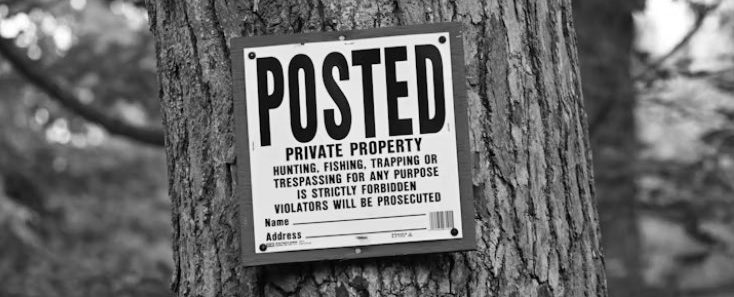
Liens: Encumbrances Real Estate
Description of Liens
In the world of real estate, a lien is a type of encumbrance that lays claim to an encumbered property as a security for a debt or obligation.
In simpler terms, it’s a legal claim against a property that allows a lender or creditor to recover their financial claim if the property owner defaults on their payments.
Classifying Liens
There are several ways to classify liens in real estate, and understanding each can help property owners to better manage their property ownership obligations.
Specific vs General
Specific liens are tied to a specific piece of real property. An example of this is a mortgage lien, where the property itself is collateral for the mortgage loan.
Should the property owner fail to fulfill the loan repayment, the mortgage lender has the right to seize and sell the property to recover their financial losses.
General liens, on the other hand, are claims against all of a debtor’s assets, both current and future. A tax lien is a common example of a general lien. If a property owner fails to pay their taxes, the government can place a lien on all real estate owned by that individual until the debt is paid off.
Voluntary vs Involuntary
Voluntary liens are those that the property owner agrees to, such as a mortgage lien. The owner voluntarily enters into a contract with the mortgage lender, agreeing to the lien on the property.
Involuntary liens are imposed without the consent of the property owner. These often come in the form of tax liens or mechanic’s liens, which are placed on a property when a contractor does work on the property but isn’t paid.

Creation of Liens
Liens can be created in several ways.
Contractual
Contractual liens are created through a contract between the property owner and another party. The most common example is a mortgage lien.
Statutory
Statutory liens are created by law. A tax lien is a type of statutory lien, placed on a property when the owner fails to pay their property taxes.
Equitable
Equitable liens are imposed by a court to ensure fairness, typically in cases where payment for services rendered on a property hasn’t been made.
Priority of Liens
The priority of liens determines who gets paid first when a property is sold.
Generally, the lien recorded first has priority over those recorded later.
Some liens, like property tax liens, typically take precedence regardless of when they were filed.
Understanding liens is crucial for anyone involved in real estate transactions. They can significantly impact property ownership rights and the ability to transfer property title.
Therefore, it’s essential to do your due diligence when buying or selling real estate to ensure there are no unexpected financial encumbrances.
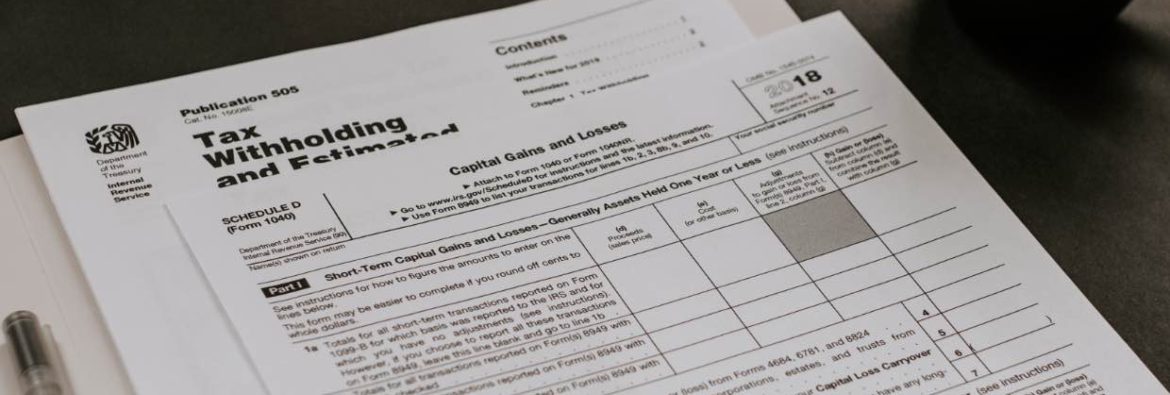
Real Estate Tax Liens
Definition
A real estate tax lien is a legal claim against a property for unpaid property taxes. It is one of the most common types of encumbrances that ensures municipalities collect property taxes.
General (Ad Valorem) Real Estate Tax
- Ad valorem taxes are based on the assessed value of a property.
- They fund local services such as schools, roads, and public utilities.
- The homeowner pays these taxes annually.
The Ad Valorem Tax Process
Step 1: Budget and Appropriation
- Municipalities determine their budgetary needs.
Step 2: Assessment
- Properties are assessed to distribute tax obligations fairly.
Step 3: Enforcement
- Unpaid taxes result in a lien against the property.
Redemption Rights
Homeowners have a period during which they can pay the owed taxes plus interest to remove the lien.
Other Types of Property Tax Liens
- Special Assessment – For improvements benefiting the property directly, like sidewalks.
- Tax Incremental Financing (TIF) – Used to fund redevelopment in specific areas.
- Special Service Areas – Additional taxes for services benefiting a neighborhood, like security.

Other Types of Encumbrances
Mortgage Liens
- A lender places a lien on a property when a mortgage is taken out.
- If the homeowner fails to meet their financial obligation, the lender can foreclose.
- Common with almost all property purchases involving a mortgage.
Mechanic’s Lien
- Contractors can place a lien for unpaid work on a property.
- It ensures payment for services rendered.
- Examples include renovations or repairs by plumbers, electricians, or builders.
Judgment Lien
- Arises from a court ruling that awards monetary damages.
- The winning party can place a lien on the debtor’s property as a means of collection.
- Remains until the financial obligation is satisfied.
Liens Against a Deceased Person’s Estate
- Ensures debts of the deceased are paid from the estate before distribution to heirs.
- Can involve utilities, credit cards, and medical bills.
Income Tax Lien
- The government can place a lien for unpaid income taxes.
- Affects both federal and state levels.
Municipal Utilities Lien
- Local governments may place liens for unpaid utility bills.
- Common utilities involved include water, sewer, gas company, and electric company services.
LIS Pendens – Pending Litigation
- Indicates litigation involving the property is pending.
- Alerts potential buyers to ongoing legal disputes.
In addition to these specific liens, it’s crucial to be aware of other encumbrances like restrictive covenants, which limit how a property can be used (e.g., HOA rules), and easements, which grant others a legal right to use a part of the property (e.g., a neighbor’s fence crossing a person’s property lines).
Title insurance is often purchased to protect against unforeseen encumbrances.
Understanding the various types of liens and encumbrances is essential for anyone involved in real estate transactions. These legal claims can significantly affect the ownership and use of property, and being well-informed can help navigate the complexities of buying, selling, or owning property.

Contact Joe. Join Our Newsletter.
Stay informed about the latest trends and tips in real estate by joining our newsletter.
Join our newsletter today, learn more about all things real estate, being a real estate agent, and all the things in between.

